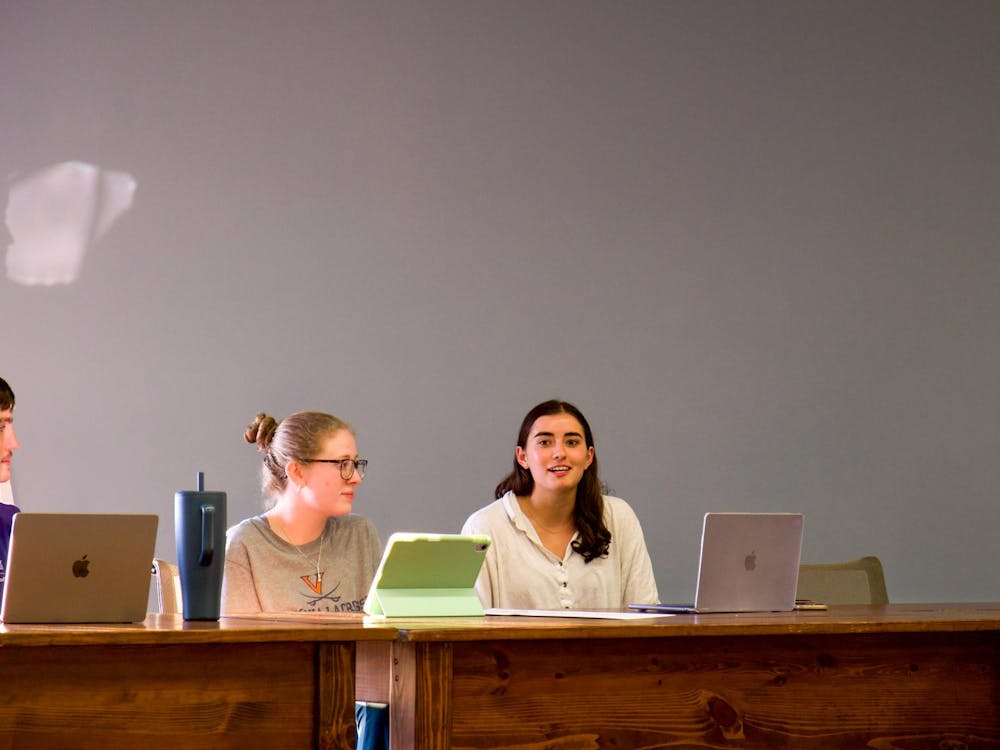A lifetime of hard work and scientific inquiry has paid off, both literally and figuratively, for two University professors, who are the latest recipients of the University's Distinguished Scientist Award.
Chemistry Prof. Lester Andrews and Microbiology Prof. Ian Macara recently received the honor, presented annually to those who have made substantial contributions in their fields. In addition to the recognition, according to University spokesperson Carol Wood, both scientists will receive a $10,000 grant to further their research activities.
The Distinguished Scientist Award, given by the Office of the Vice President for Research and Graduate Studies, is designed to recognize faculty members specializing in the sciences, engineering and medicine, said Ariel Gomez, vice president for research and graduate studies.
Gomez said a research committee of University scientists and scholars chose the award recipients from among peer-nominated faculty members.
"One of the things we look at is the impact of their discoveries," Gomez said, noting that one of the criteria considered is the number of articles each candidate published in various professional journals.
According to Gomez, Andrews and Macara were selected because of the "tremendous number of important contributions they have made in their fields."
Though the award is only in its second year of existence, Gomez maintained that it has already become competitive.
Chemistry Department Chair Ian Harrison said Andrews "has contributed to basic knowledge in chemistry," noting that his work has been referred to thousands of times.
"He is a very distinguished researcher and has been cited something like 19,000 times," Harrison said. "As scientists in the world go, that's an incredible number."
Throughout his career, Andrews has worked hard to understand the fundamental reactions in chemistry that take place in space and "exotic" conditions, Harrison said.
"Lester is a fabulous scientist," Harrison said. "He's been able to stop chemical reactions that normally would be so aggressive they would complete before observation is possible."
Microbiology Prof, David Brautigan, the director of the University's Center for Cell Signaling, said Macara similarly has a strong record of making discoveries and training proficient graduate students.
"I was one of the people that nominated him," Brautigan said. "Ian is one of the premier scientists at U.Va."
Brautigan added that students trained by Macara have won awards for their thesis work and have been published in top science journals.
"There's a nice message there, that our premier researchers are also our best teachers," Brautigan said, adding that Macara has been a "terrific colleague."
According to Brautigan, Macara is "very generous in helping others and sharing the newest technologies that he's developed."
Macara said he is honored to receive the award.
"One reason [receiving the award] is very nice is I've wanted to be a scientist since I was about 5 years old," Macara said. "It's the only thing I've ever wanted to do."






